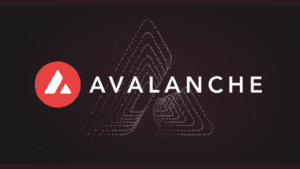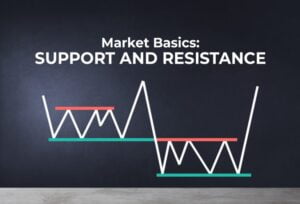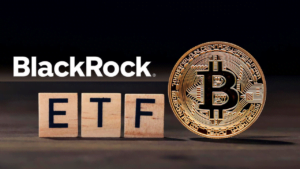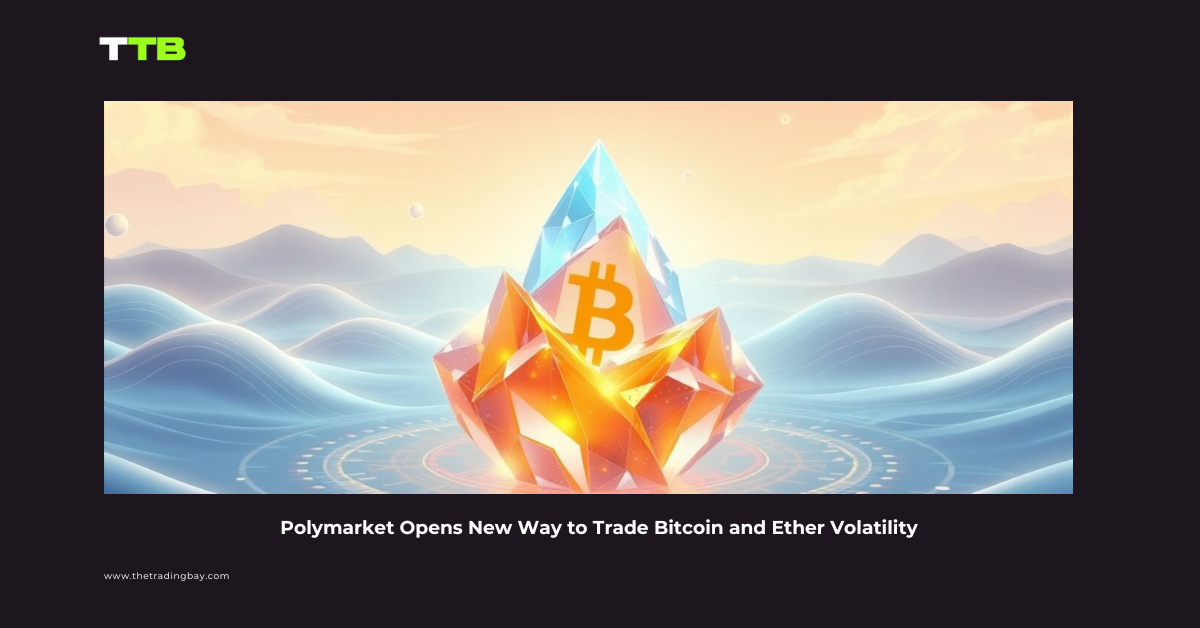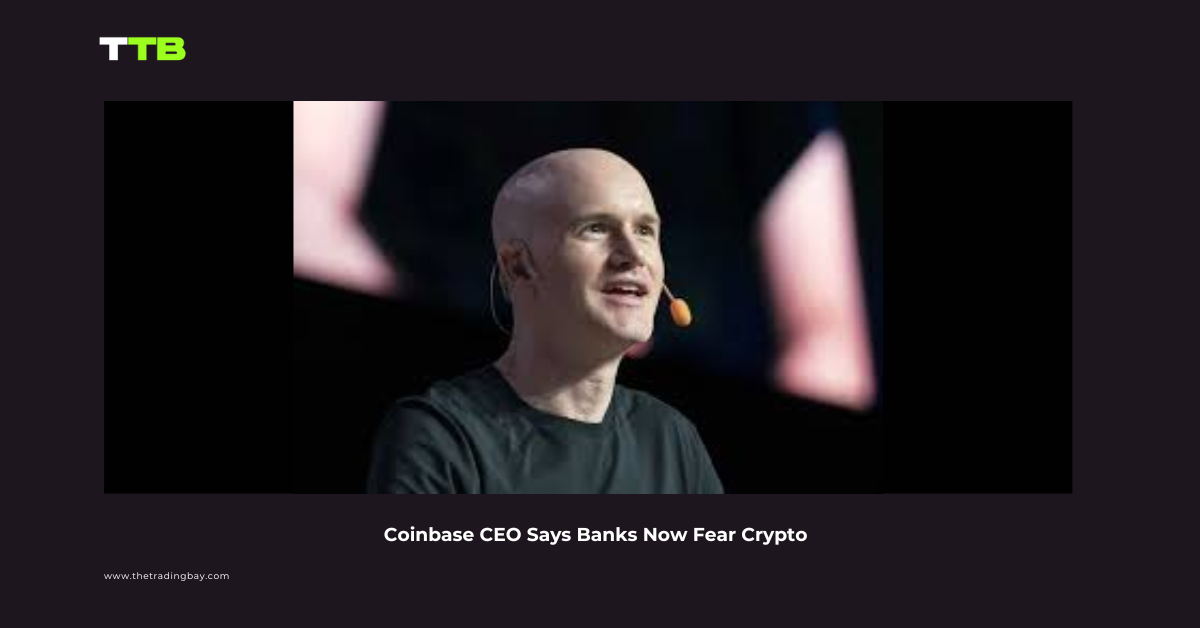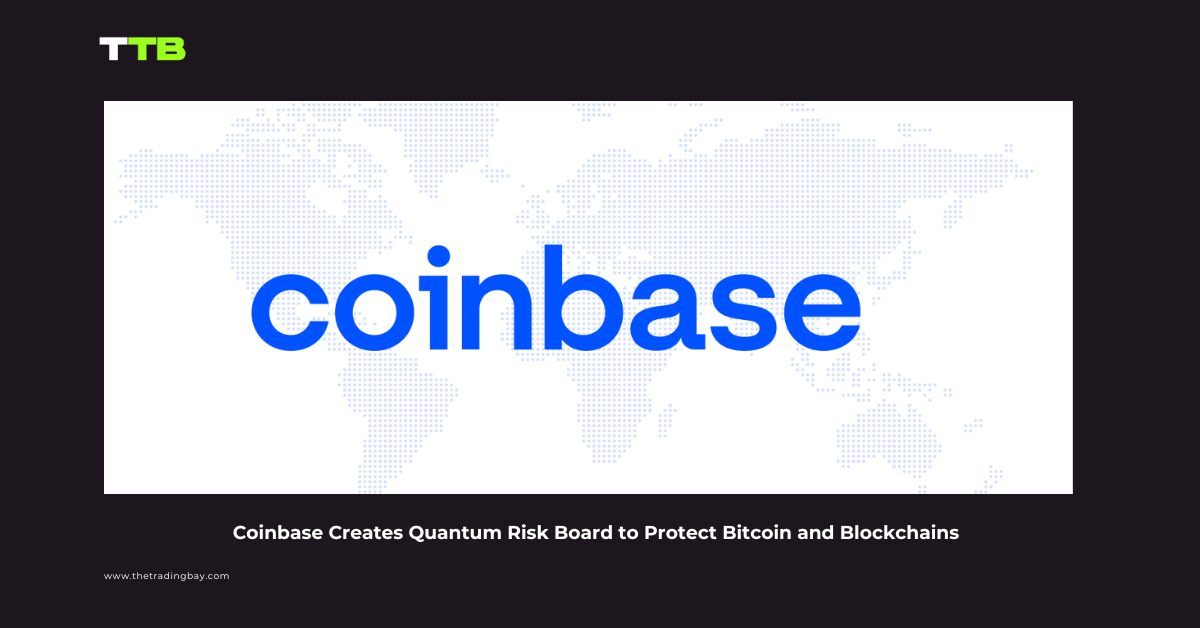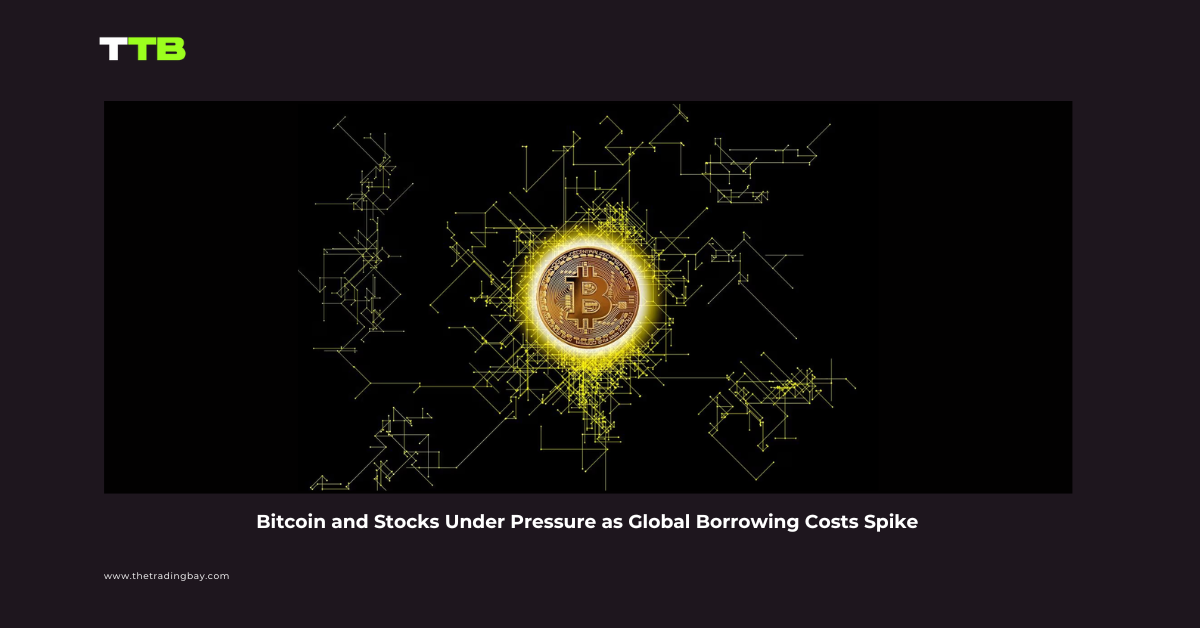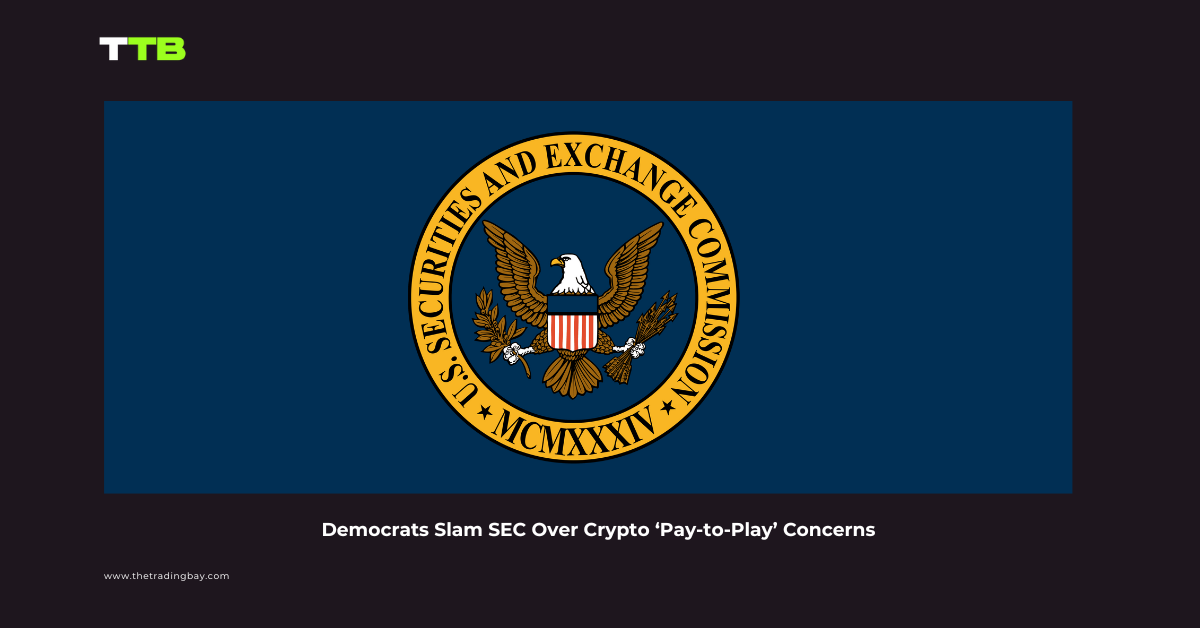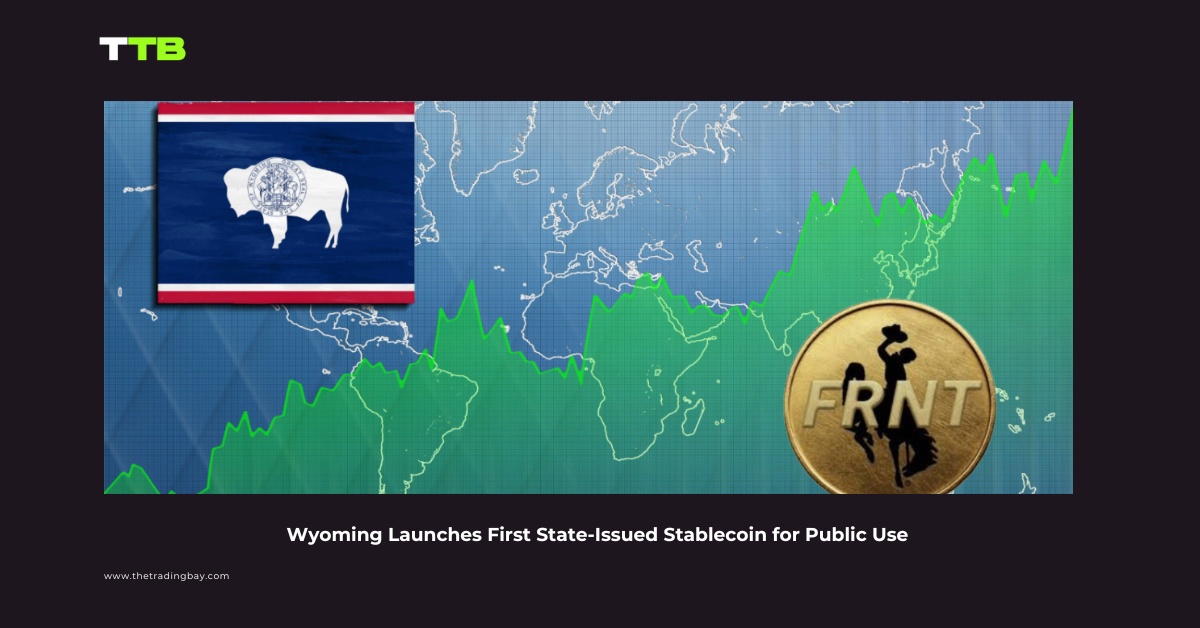
Although crypto centralized exchanges (CEXs) have been dominating the crypto horizon from the very start, decentralized exchanges (DEXs) have now also come to light amid the recent controversies and questionable security arrangements surrounding the CEXs.
Read this article to understand how decentralized exchanges work, what makes them unique, and to know about some top DEX platforms in the crypto space.
What is a decentralized exchange (DEX)?
Decentralized exchanges are peer-to-peer marketplaces where transactions are initiated and concluded between crypto traders without any intermediary.
The DEX platforms are based on the true theme of cryptocurrencies – decentralization – as they involve no centralized authority and participants themselves handle their orders/transactions. Note that these exchanges rely on automated market maker protocols to keep the crypto prices aligned with the standard rates.
How does a DEX work? What are its key features?
Technically speaking, DEXs are a set of smart contracts that support exchanges from crypto to crypto. As previously mentioned, these platforms maintain the crypto prices via automatic algorithms and facilitate all trades through the “liquidity pools.”
Unlike centralized platforms, DEXs are unable to support exchanges between fiat and crypto due to no “order books.” All DEX transactions are settled on the blockchain directly.
Moreover, these unique exchanges include no user accounts, KYC verification requirements, or other similar regulatory checks quite standard on CEXs. This non-custodial nature of the decentralized exchanges where no crypto can be stored requires the users to connect their cold or hot crypto wallets with it. After connecting, participants can anonymously trade cryptocurrencies stored in the wallet and access dApps or other DeFi projects from the decentralized exchange.
Simply put, you remain in control of your crypto private keys when making transactions on DEX platforms in the face of their “trustless and permissionless” structure.
Another interesting point is that DEXs are developed on an open-source code that can be accessed by anyone. Due to this very reason, many decentralized exchanges have emerged that are based on the code of an existing DEX project.
Some benefits of decentralized exchanges
Here are some notable advantages of decentralized exchanges:
1. Security
DEX platforms are connected with external wallets, meaning that only the owners of wallets have access to their private keys (crypto) while the DEX is not liable for their funds. To put it another way, the crypto is not stored on decentralized exchanges as they only serve as a forum facilitating the crypto transactions.
As a result, DEXs display a relatively low vulnerability to “hacks” and “counterparty default risk.”
2. Anonymity
Anonymity is a big selling point of DEXs as users need to provide no personal information to trade on them.
3. Diversity of coins
Do you want to buy some crypto coins that are not much popular & are only at their nascent stages? If yes, then a DEX may be right for you.
Centralized exchanges catalogues only a few hundred coins that have high liquidity and conform with security & legal standards. On the other hand, decentralized exchanges extend a vast variety of virtual tokens, from totally unknown and weird coins to popular ones. It is because anyone can list a token there even if the listed coins exhibit very low trading volumes.
4. Lower fees
As DEXs are basically smart contracts and involve no intermediary entity, they charge a relatively lower fee than their centralized alternatives.
Downsides of decentralized exchanges
DEX platforms have also some downsides that you must keep in mind.
1. Low liquidity
As DEXs include a broad variety of coins, this leads to market segregation and translates to an overall low liquidity for them.
2. Not very user-friendly
Decentralized exchanges might not be suitable for beginners due to their challenging interface & complicated system. Users first have to understand using external wallets, set one up, fund the wallet via fiat or crypto, and finally link it with the DEX.
The procedure of depositing funds and buying crypto is much simpler on centralized exchanges.
3. Dependent on the underlying smart contract
As DEXs are essentially a DeFi protocol, they are only as secure as the underlying smart contract. Any problem with the code can result in the loss of your tokens.
4. Scalability issues
Decentralized exchanges live on the blockchain; hence their scalability and functionality are tied to the underlying network.
Top 3 decentralized exchanges
In case you want to benefit from the decentralized exchanges, here are the three most prominent DEXs among many others.
1. UniSwap
Established in 2018, UniSwap is a highly popular Ethereum-based decentralized exchange that is fully compatible with all ERC-20 tokens and wallets like MetaMask. Like all DEXs, UniSwap takes no control of user-funds as participants, themselves, are responsible for their private keys. Moreover, it is an open-source platform where anyone can list tokens for free.
According to the Coingecko data, decentralized exchanges are seeing the highest trading volumes this month not seen in the last 20 weeks. As of November 19, the UniSwap volume stands at $55.2 billion out of a total of $91.2 billion DEX volume.
2. 1inch
1inch is a DEX aggregator platform that searches out the best crypto prices across multiple decentralized exchanges and extends the most beneficial trade route to the users.
This Ethereum-based protocol tackles the insufficient liquidity problem of decentralized exchanges by collecting liquidity from several DEXs. In doing so, 1inch allows the traders to avoid slippage and deal with better prices than offered by most platforms.
Moreover, similar to all DEXs, dealers are not charged for transferring or converting cryptocurrencies on 1inch due to its non-custodial structure.
3. PancakeSwap
Developed in 2020, PancakeSwap is a notable DEX platform built on the Binance Smart Chain. This exchange is based on the Uniswap v2 and exhibits some similarities to the latter, like the traders can swap their coins for other coins without any middleman.
Like other DEXs, PancakeSwap includes an automated market maker (AMM) system where participants trade against the liquidity pools. Further, the protocol allows crypto holders to take advantage of many leading features, like staking and yield farming. Note that getting started with PancakeSwap requires you to connect a BNB chain-compatible wallet with it.
You may also like:
https://thetradingbay.com/metaverse-crypto-top-5-metaverse-crypto-coins-to-buy-in-2022/

